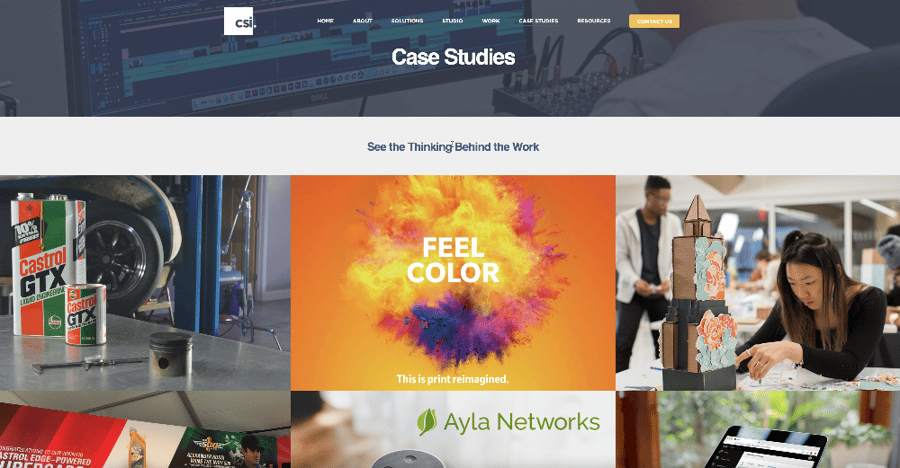More people than ever are informed buyers. When we’re ready to purchase something, we need to know that other people–ideally those we trust–have already purchased what we’re considering and that they approve of its performance.
From a marketing perspective, this provides your brand with a vital resource. Social proof. Whether the CTO of a major firm is considering new vendors, or Sally Jones on Main Street is buying a present for her sister’s baby shower, social proof is one of the most powerful elements you can provide to help in the decision making process.
We’ve covered the power of social proof for brands, why it works, and how to display it in your marketing campaigns at length in recent articles, but what about actually acquiring social proof? How do you encourage customers to provide testimonials, leave reviews, hop on camera to gush about your amazing service?
Let’s take a closer look at what it takes to actually generate the key pieces of social proof your brand can use to launch more effective, impactful marketing campaigns.
The Big Ones - Testimonials and Case Studies
A single testimonial can increase the conversion rate on a sales page by 34% and 97% of consumers say that online reviews have a direct impact on their buying decisions. No one wants to go on a blind date with a new product or service. They do their homework, and the more information you can provide up front, the more likely they are to engage.
No website is complete without the direct words of your customers conveying the effectiveness of your work. But getting a testimonial is easier said than done. The same is true for case studies, which expand on testimonials dramatically and provide a plethora of quotes and references to use in your marketing materials.
So how do you get them? The following steps are useful in approaching the process:
- Knowing when to ask - You wouldn’t ask a brand new customer who you’ve only been working with for two months for a testimonial, but how long should you wait before asking? Be sure the customer has received measurable results they can speak to. If you provide a reportable service, you’ll have a sense of when this might be. If it’s a product, your customer success team can check in periodically. Use your customer success data to guide requests as well. If a customer supplies 10s on your NPS surveys, reach out for a testimonial right away. That’s a happy, engaged customer who will be happy to share it with the world.
- Recognize what you are asking - At the same time, recognize what you’re asking them to do. This is time out of their schedule, credibility attached to their name and their brand’s name, and may require them to get further approvals internally. A single testimonial, especially from a larger company, is a huge ask. Provide incentives when appropriate, in the form of company gifts, gift cards, or reciprocal offerings, for their time, and personalize your requests. Avoid bland automation that might be seen as impersonal.
- Be flexible in your ask - Respect your customer’s time. Recognize that even your happiest customers may only have a few minutes to spare, and cannot sit down for an hour-long interview for a case study. So be flexible in your ask, providing them with several options. These might include short video discussions, an email questionnaire, social media posts, or a longer formal interview. The more options you offer, the more likely you’ll find a match.
- Ask the right questions - Keep your questions open-ended and above all else, focused on the customer. While a testimonial in any form will help your business, always position your customers as the heroes in these stories. Your questions should reflect this. Don’t ask what features they like before you ask what problems they had and how they were solved. Open-ended questions will more likely result in longer discussions from which detailed quotes can be mined as well.
The goal of a testimonial is to provide prospects with a visual of what it means to be your customer. They want to not just see that your product or service is effective, but understand what it means to work with you. How do you engage with customers? What is your service like? What types of results can they reasonably expect? If your testimonials and case studies focus on these questions, they will be much more effective.
How to Request Customer Feedback
There are many channels through which to request customer feedback. Ideally, you use them all. They include:
- Email - Short email requests to your customers after monthly or quarterly surveys go out, at the end of the year from sales members, or when appropriate from your customer success team can yield short blurbs that work perfectly as written testimonials on your website.
- Interviews - A good interview can turn into any number of pieces of social proof. You can pull short quotes from the transcript, post the recording on your website, use different snippets in social media posts, especially visual posts on Instagram, or even go the extra mile and write a customer profile or case study that prospects can download from your website.
- Amplify Social Media Posts - If a customer posts about your company on social media in any form, a member of your team should respond to that post. For positive posts that extol the effectiveness of your product or service, this should be immediate and amplifying. Send a private message asking to reuse their message as well.
- Solicit Reviews Regularly - Testimonials and case studies on your owned properties can be immensely valuable, but equally powerful can be aggregate reviews on industry-specific review platforms like Yelp, G2, Capterra, or Google. This process should be baked into your customer success workflow. When someone is happy, ask for a review.
Happy customers are precious resources and they may not stick around forever. Changing economics, a shift in needs, or a bad experience can make them inaccessible in the future, so strike while the iron is hot to leverage social proof to its fullest in your marketing efforts.
Show the Results of What You Offer
Go one step further and show what your product or service can do for your customers. This takes several forms.
We maintain a large portfolio of our recent work so prospects and clients alike can see who we work with, the work we’ve done for them, and how it stands out in the crowded marketplace of ideas.

If you produce bespoke products for your clients, they should be featured prominently on your website as examples of what you can do, ideally with examples for each type of service you offer and each industry for which you offer the service.
If you sell a product that solves a specific problem, show before and after examples of that product’s impact on the target audience.
Start Building Your Social Proof Library
Whatever you sell and however you sell it, your prospects want to see the end results. Examples of your work, first-hand accounts of the efficacy of your product or service, and logos to go with both are vital to build trust and establish credibility.
By creating an intentional process that identifies when to engage with customers and clients to ask for their testimonials, makes it easy for them to say yes, and rewards them for their participation, you can build a library of social proof that will help promote your business effectively throughout the selling process.
.png?width=250&height=153&name=CSI-OverskiesRebrand_LOGO-01(smaller).png)

.png?width=100&height=61&name=CSI-OverskiesRebrand_LOGO-01(smaller).png)


.png?width=88&name=CSI-OverskiesRebrand_LOGO-01(smaller).png)



